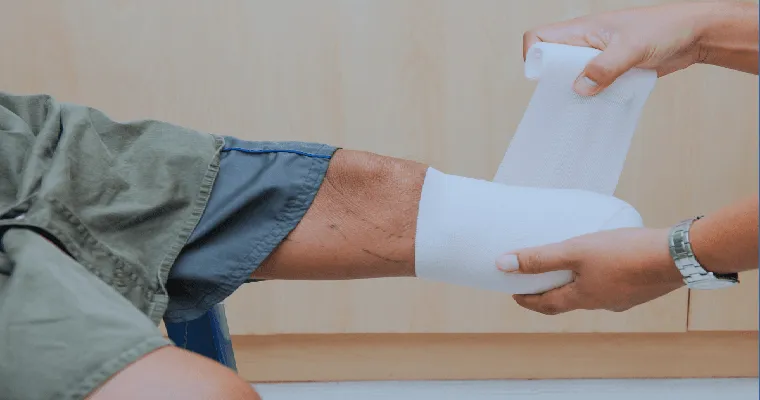Navigating life with an "86-year-old dad" who is "6 months post lower leg amputation" can be a challenging journey filled with emotional and physical hurdles. The process of recovery after such a significant surgery requires patience, understanding, and support from family members. As loved ones, it’s essential to provide the necessary care while also encouraging independence and a positive outlook on life.
Understanding the Recovery Process
The recovery process after a lower leg amputation can vary significantly from person to person. At six months post-operation, your dad may still be adjusting to his new way of life. Here are some insights into what he might be experiencing:
1. "Physical Adjustments": Many elderly individuals face challenges with mobility after amputation. It is common for them to need time to adjust to using a prosthetic limb or mobility aids. Encouraging him to participate in physical therapy is crucial. This can help improve his strength and balance, making it easier for him to adapt.
2. "Emotional Well-being": The psychological impact of amputation can be profound. Feelings of loss, sadness, or frustration are normal. It is vital to have open conversations about his feelings and encourage him to express any concerns. Consider involving a mental health professional specializing in post-surgical recovery, if necessary.
3. "Diet and Nutrition": A balanced diet plays a significant role in recovery. Ensuring your dad has access to nutritious food can help his body heal and regain strength. Focus on foods rich in protein, vitamins, and minerals to support his recovery.
Practical Tips for Caregivers
As a caregiver, your role is crucial in your dad’s rehabilitation process. Here are some practical tips to enhance his recovery experience:
1. "Encourage Independence": While it's essential to assist your dad, fostering a sense of independence can improve his morale. Help him set achievable goals, such as walking a certain distance or managing daily tasks without assistance.
2. "Create a Safe Environment": Make sure his living space is adapted for safety and accessibility. Remove any trip hazards, and consider installing grab bars in the bathroom to help him navigate more easily.
3. "Stay Active Together": Engage in light physical activities that you can do together. Simple exercises, like stretching or walking, can boost his mood and health while strengthening your bond.
4. "Join Support Groups": Finding a community of individuals who have gone through similar experiences can provide both of you with valuable insights and emotional support. Look for local or online support groups for amputees and their families.
Seeking Professional Help
Don’t hesitate to reach out for professional help when needed. Consult with healthcare providers about any concerns regarding your dad’s physical or emotional health. Regular check-ups can ensure that he is healing properly and adjusting to his new lifestyle.
Conclusion
Caring for an "86-year-old dad" who is "6 months post lower leg amputation" requires compassion, patience, and a proactive approach. By understanding the challenges he faces and providing the right support, you can help him navigate this new chapter in his life. Remember, recovery is a gradual process, and with the right resources and encouragement, your dad can achieve a fulfilling and independent life post-amputation.





